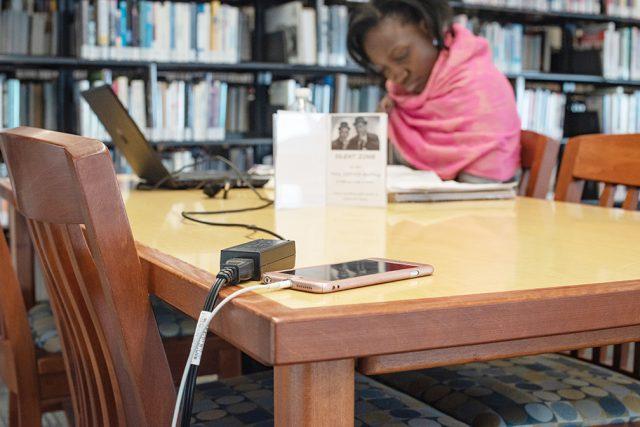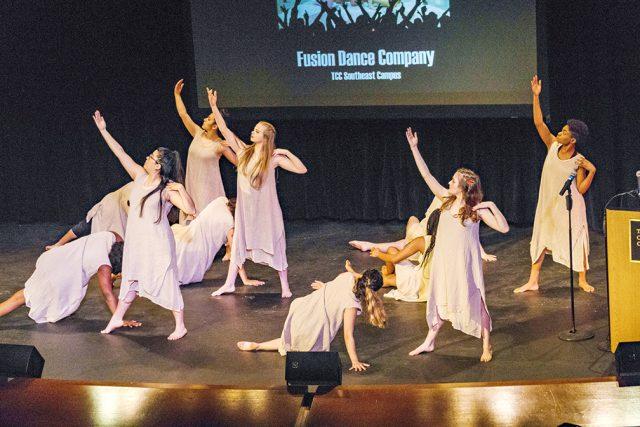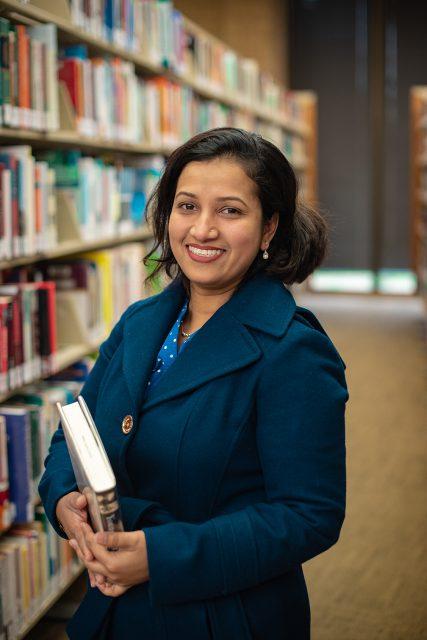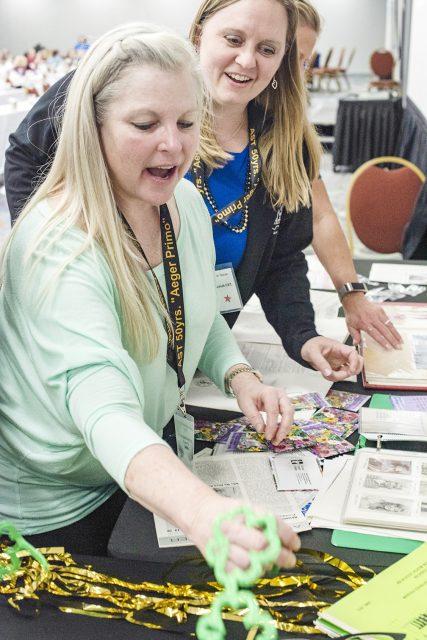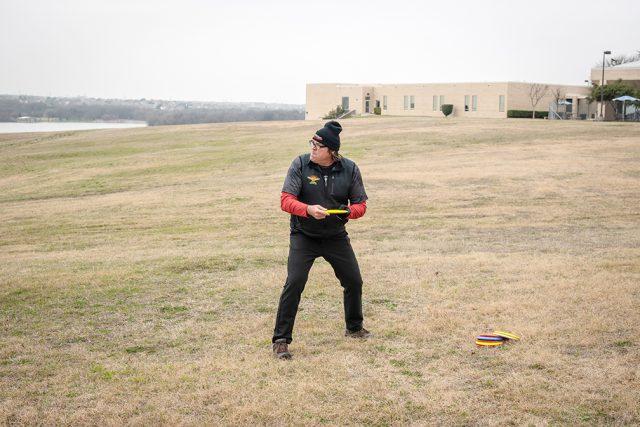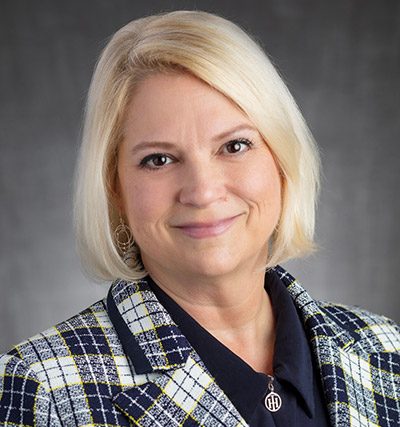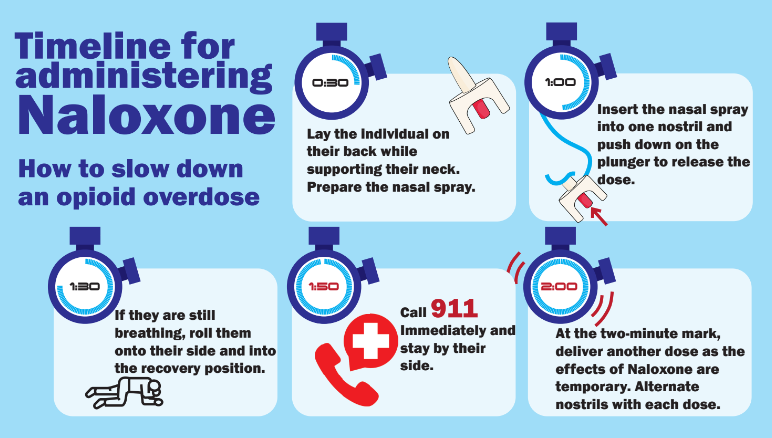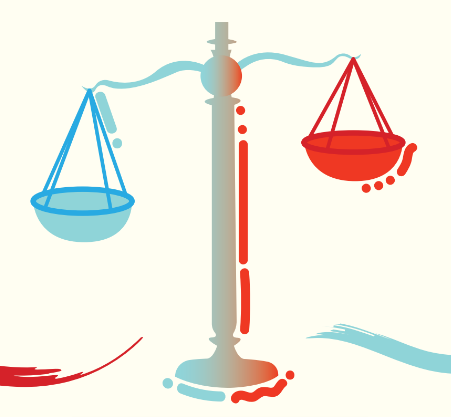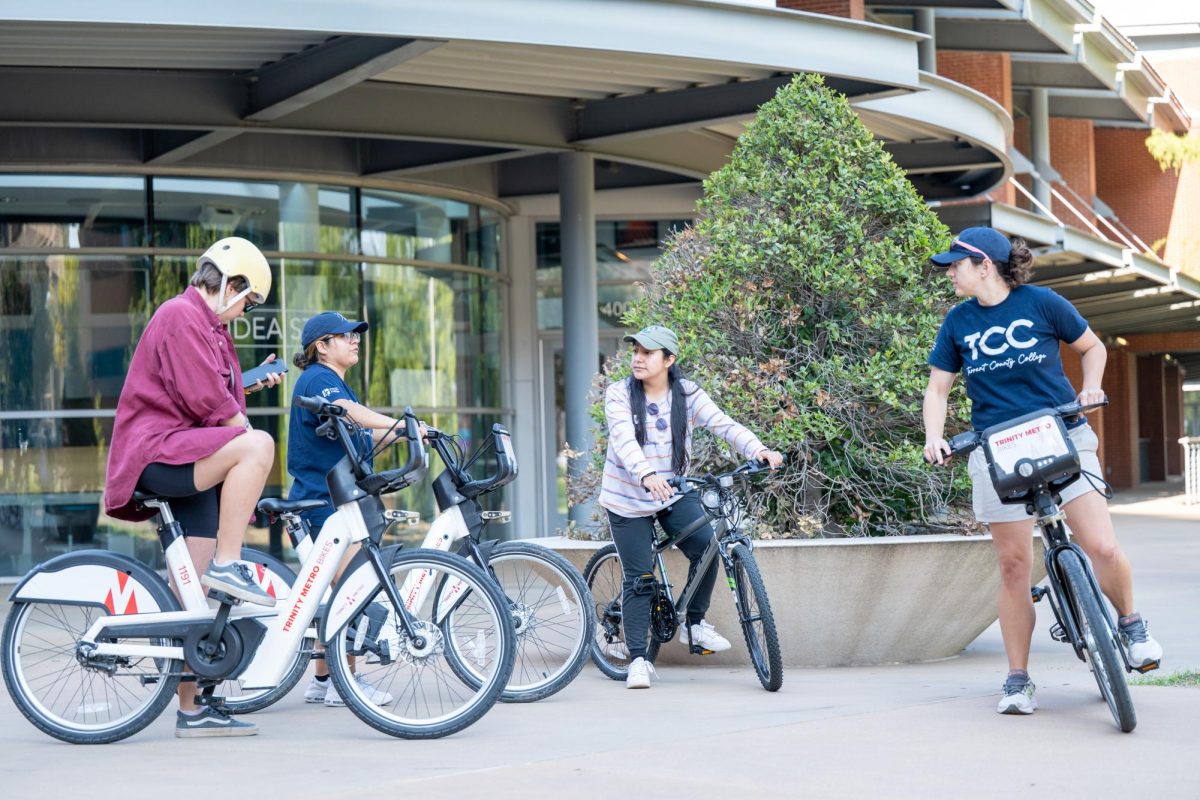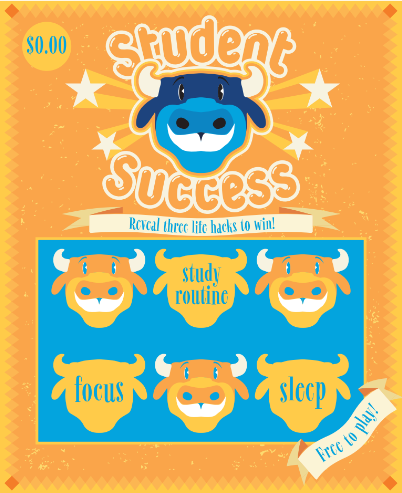By Jade Myers/campus editor
Students chat in a small study group space as they work on a project together. A writing center employee talks with a student while looking over an essay. A student charges their phone in the library.
These familiar scenes happen at every campus in spaces provided by TCC for students.
TCC is working to improve these spaces starting with creating more charging locations, TR Campus president Sean Madison said.
“Here at Tarrant County College, the learning commons principle challenges us to reimagine and reinvent our libraries and academic support in areas such as writing centers,” Madison said.
Students were asked about what changes they were interested in and a common response was that they want more access to power outlets, said TR library services director Susan Smith, who is on the learning commons advisory panel.
“As a panel and a college, we realized we can address this now, and this project is moving forward at each campus,” she said.
Makerspaces, spaces that provide tools for different kind of skills, is something that TR Campus is currently working on, said Scott Robinson, TR humanities dean and advisory panel member.
“This week, faculty from English, computer science, business and art met with our library staff to make a list of technologies we would want in a digital makerspace,” Robinson said.
There should be more study rooms, TR student Jared Maldonado said.
“We try to go to the idea store, [and] it’s full here,” he said. “Or, we’re going to go find a study space and they’re all taken.”
Tablets should be more available for students, TR student Ismaeel Olukoga said.
Student comments like these are something the advisory panel uses to consider what services and resources should be included in learning commons, Madison said.
“To date, we have involved students as part of our student engagement sessions,” he said. “These sessions were designed to intentionally engage TCC students across the college to inform the development of the learning commons.”
The advisory panel keeps students at the center of their work, he said. They asked over 500 students who gave over 25,000 responses.
Another way they have prepared is by visiting learning commons at other schools, Madison said.
“Some learning commons had very popular cafes or coffee shops which drew students to the space but also provided other meeting space as well as snacks and caffeine,” he said.
The panel is now starting to form teams to give more focus on specific areas, Smith said.
“We are building on all the strengths our libraries bring to the table — connecting students to information, delivering research help, providing places to study alone or meet with your fellow students,” Madison said.
























